A collection which might be useful for physiologists worldwide and for those interested in physiology
IUPS bodies and national societies continue to publish guidelines which may be of use to develop physiologic sciences and infrastructure at the national level, help to improve teaching methods and contents, and give a guidance for use of proper methods. Our section does not claim completeness or governance. It rather aims to provide a forum to identify open questions, to promote good and proven solutions and to stand up for good physiological standards in measurements and experimental design.
Recommendations from the 2017 IUPS-BGA report on Physiology: Current Trends and Future Challenges
1) Societies should advocate for continued funding of basic research and collect evidence to document its state in their country.
2) Networks and working groups should be created, domestically and internationally, by IUPS and member societies to facilitate the exchange of knowledge and best practice in teaching and research.
3) Societies should continue the efforts of the IUPS Outreach Programme to increase support among physiologists for IUPS initiatives and furthering of the World Health Organization’s Health for All agenda.
4) Societies should implement outreach activities to raise awareness of and interest in physiology among the public, and encourage the uptake of physiology and related subjects by prospective undergraduate and postgraduate students.
5) Societies should develop resources to improve the teaching and learning of physiology, and to ensure graduates have a full appreciation of the complexities at all scales of physiological understanding.
6) IUPS must oversee a new Global Mentorship Building Platform to facilitate Mentor/Mentee relationships among physiologists at various career stages, and in academic and clinical settings, to promote dialogue and aid career development.
7) Societies should explore new means to leverage funding from government and private sources, to aid the development of new initiatives designed to strengthen the discipline.
Data reliability depends on appropriate measuring conditions and methodical standards. Physiologists have expert opinions on necessary standards
The APS has published a seminal book series on physiological methods. See here.

